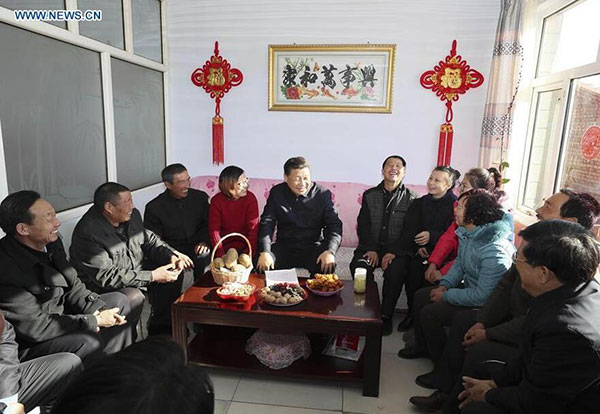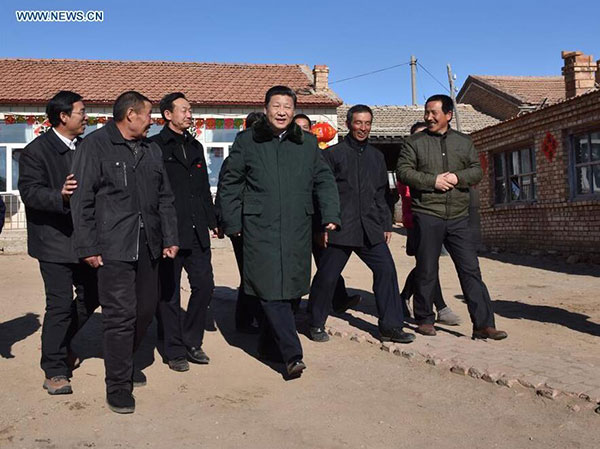News story: Communications framework attracts small businesses
The new Communications Services framework has proved extremely popular with suppliers, resulting in a number of small businesses signing up to work with government for the first time.
The Government Communications Service (GCS) published the list of communications agencies that have been selected to help deliver ground-breaking government and public sector campaigns over the next 4 years earlier this month.
Of the 67 agencies selected for the new framework, 69% are small or medium-sized businesses, 22 are based outside of London and 44 are new to government business. These companies will now be eligible to bid and play key roles in cutting edge campaigns on topics ranging from public health to armed forces recruitment and promoting apprenticeships.
The Communications Services framework complements the Campaign Solutions framework announced in December.
Designed to to help public bodies tap into the very best expertise and talent in the communications industry, the 2 frameworks provide a flexible approach to working collaboratively with agencies to design and deliver innovative solutions for your campaigns.
Campaign Solutions offers a choice of 27 agencies, half of which are SMEs, who will be able to design, plan and deliver entire campaigns.
David Skinner, Crown Commercial Service’s Director of Corporate Solutions said:
A wide variety of innovative, exciting and talented agencies are now on the framework, including many small businesses.
This will provide public sector bodies with the tailored, specialist and flexible advice they need to develop cutting edge campaigns.
Both frameworks were developed in conjunction with GCS. GCS involved around 600 agencies and ran 5 events across the country to shape the new frameworks in a way that will work better for everyone and benefit UK citizens.
In this financial year the GCS is expected to deliver around 100 campaigns.


